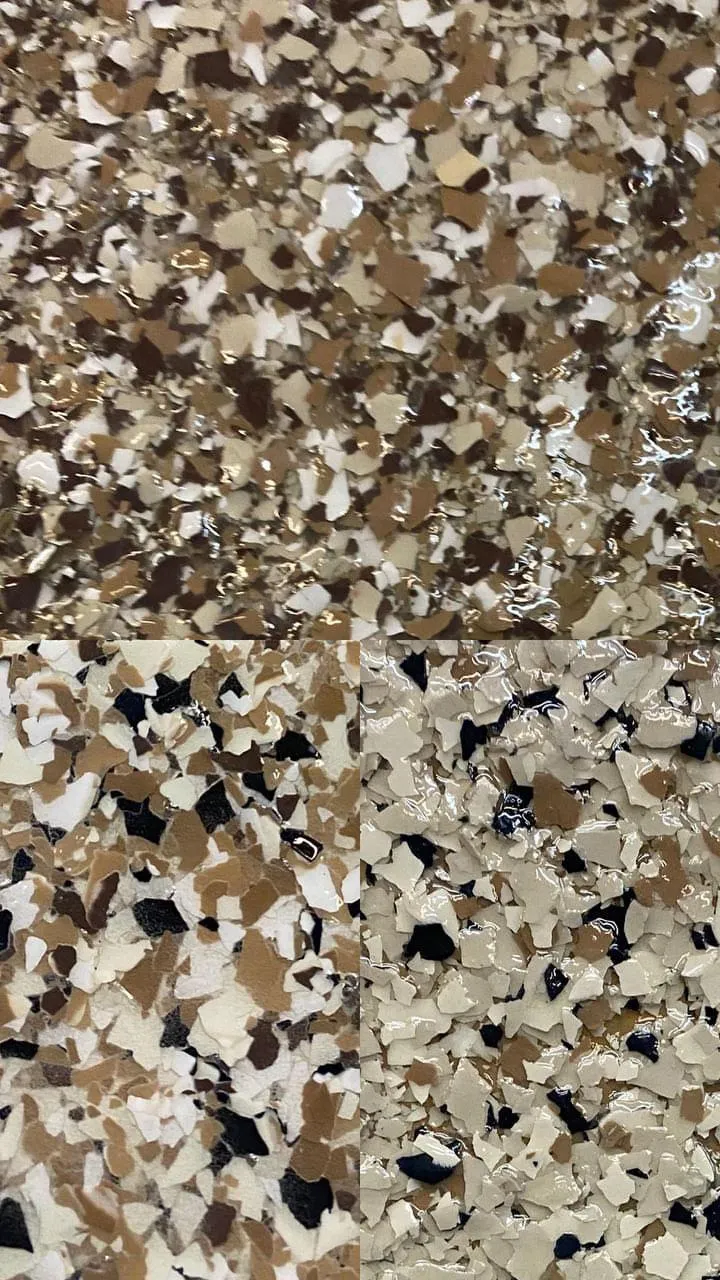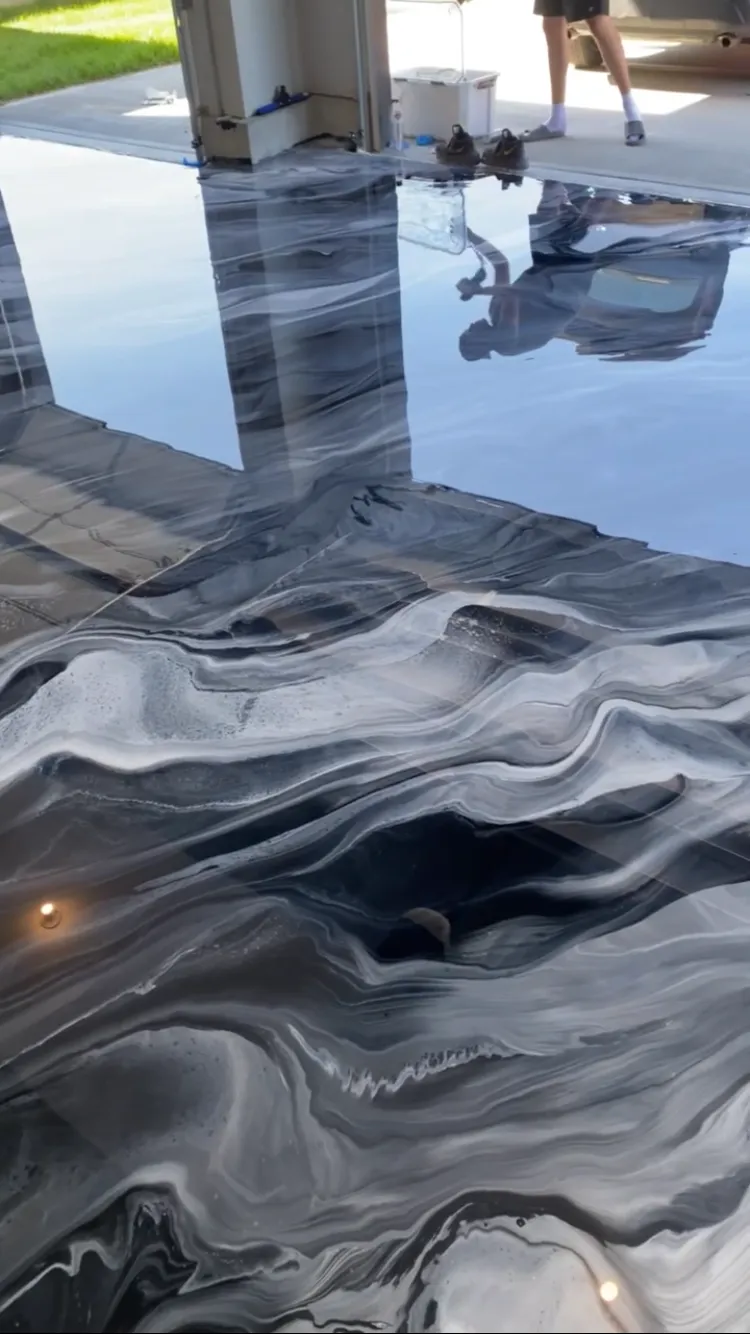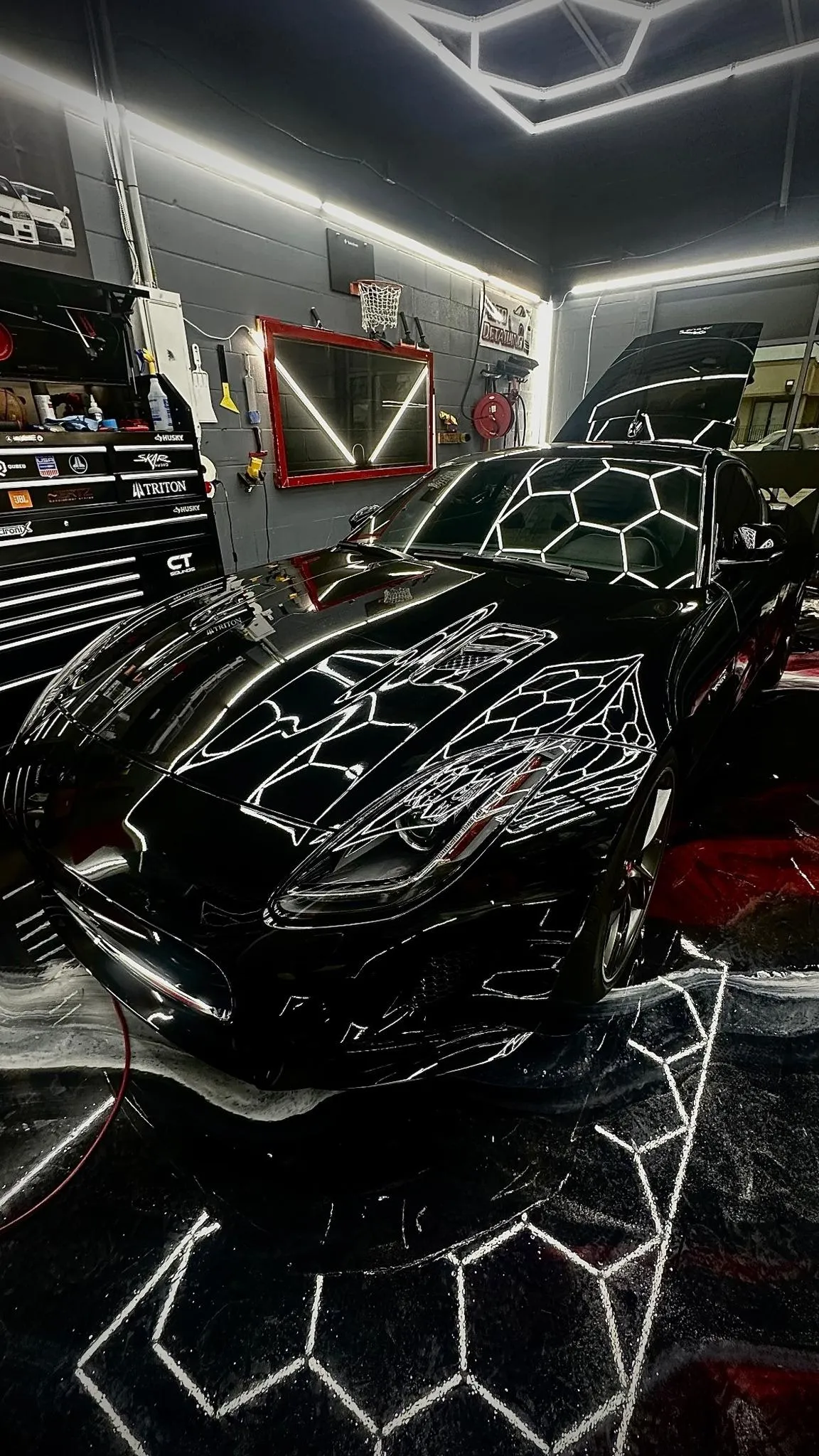
Comparing Epoxy Sealers to Other Floor Sealers: What You Need to Know
When it comes to protecting and beautifying your floors, the world of sealers can feel overwhelming. With so many options available, how do you choose the right one for your home? As a business owner who has navigated this landscape, I understand the importance of making informed decisions that not only enhance the aesthetics of your space but also provide lasting protection. In this blog post, we’ll dive deep into the world of floor sealers, comparing epoxy sealers to other popular options. By the end, you’ll have a clear understanding of what each type offers, allowing you to select the best solution for your flooring needs.
So, let’s roll up our sleeves and explore the ins and outs of epoxy sealers, polyurethane sealers, acrylic sealers, and more. Whether you're a homeowner looking to protect your investment or a DIY enthusiast eager to enhance your home, this guide is tailored just for you.
Understanding Floor Sealers: What Are They?
Floor sealers are protective coatings applied to various flooring materials to enhance their durability, appearance, and lifespan. They act as a barrier against moisture, stains, and wear, ensuring that your floors remain beautiful and functional for years to come. The right sealer can also reduce maintenance efforts, making it a worthwhile investment for any homeowner.
Types of Floor Sealers
Before we delve into our comparison, let’s briefly outline the most common types of floor sealers:
Epoxy Sealers: Known for their durability and chemical resistance, epoxy sealers are a popular choice for concrete and industrial applications, but they are increasingly being used in residential settings as well.
Polyurethane Sealers: These sealers offer excellent abrasion resistance and are often used on hardwood floors. They provide a tough, protective layer that can withstand heavy foot traffic.
Acrylic Sealers: Acrylics are versatile and easy to apply, making them a favored choice for DIY projects. They provide a clear finish and can be used on various surfaces, but they may not offer the same level of durability as epoxy or polyurethane.
Penetrating Sealers: These sealers penetrate the surface of the material, providing protection from within. They are commonly used for natural stone and concrete surfaces.
Silicone Sealers: Often used in wet areas, silicone sealers provide excellent water resistance, making them ideal for bathrooms and kitchens.
Now that we have a basic understanding of the different types of floor sealers, let’s dive into the specifics of epoxy sealers and how they compare to other options.
Epoxy Sealers: The Heavyweight Champion
What Makes Epoxy Sealers Stand Out?
Epoxy sealers are formulated from a combination of resin and hardener, creating a chemical bond that results in a tough, durable surface. Here are some key characteristics that set epoxy sealers apart:
Durability: Epoxy is known for its incredible strength and resilience. It can withstand heavy foot traffic, impacts, and abrasions, making it an excellent choice for homes with kids, pets, or high activity levels.
Chemical Resistance: Epoxy sealers resist harsh chemicals, oils, and stains, making them ideal for garages, workshops, and kitchens. This characteristic ensures that spills and messes can be cleaned up easily without damaging the floor.
Aesthetic Appeal: Available in a variety of colors and finishes, epoxy sealers can enhance the look of any space. Whether you prefer a glossy finish or a more textured appearance, epoxy can provide the desired aesthetic.
Low Maintenance: Once applied, epoxy floors require minimal maintenance. Regular sweeping and occasional mopping are usually all that's needed to keep them looking great.
The Downsides of Epoxy Sealers
While epoxy sealers have many advantages, they also come with some drawbacks:
Application Process: Applying epoxy requires careful surface preparation and mixing. It’s crucial to follow the manufacturer’s instructions for optimal results. This process can be time-consuming and may require professional assistance.
Curing Time: Epoxy sealers need time to cure fully, which can range from 24 to 72 hours, depending on the product and environmental conditions. During this time, the area should be kept free of foot traffic.
Limited Flexibility: Epoxy is not as flexible as some other sealers, which can lead to cracking in areas with significant movement or settling.
Comparing Epoxy Sealers to Other Floor Sealers
Epoxy vs. Polyurethane Sealers
Polyurethane sealers are another popular choice for flooring, particularly for hardwood. Here’s how they compare to epoxy sealers:
Durability: Both epoxy and polyurethane sealers are durable, but epoxy generally offers superior chemical resistance and impact protection, making it a better choice for high-traffic areas.
Application: Polyurethane sealers can be easier to apply, as they often don’t require the same level of surface preparation as epoxy. However, they may also require multiple coats to achieve the desired finish.
Finish and Aesthetics: Polyurethane offers a more natural look, which is ideal for hardwood floors. Epoxy, on the other hand, can provide a variety of finishes, including metallic and decorative options.
Curing Time: Polyurethane sealers typically cure faster than epoxy, allowing for quicker use of the space once applied.
Epoxy vs. Acrylic Sealers
Acrylic sealers are widely used for their ease of application and versatility. Here’s how they stack up against epoxy:
Durability: Epoxy is far more durable than acrylic, making it a better option for areas with heavy foot traffic or exposure to chemicals.
Maintenance: Acrylic sealers may require more frequent reapplication compared to epoxy, which can be a consideration for homeowners looking for low-maintenance options.
Finish: Acrylic sealers can provide a clear, glossy finish that enhances the natural beauty of the surface beneath. However, they may not offer the same level of protection against stains and spills as epoxy.
Epoxy vs. Penetrating Sealers
Penetrating sealers are designed to soak into the surface of the material, providing protection from within. Here’s how they compare to epoxy:
Effectiveness: While penetrating sealers can protect surfaces from moisture and stains, they may not provide the same level of durability or chemical resistance as epoxy.
Application: Penetrating sealers are generally easier to apply and require less surface preparation, making them a good option for DIY projects.
Longevity: Epoxy sealers tend to last longer than penetrating sealers, especially in high-traffic areas.
Choosing the Right Sealer for Your Needs
Now that we've compared epoxy sealers to other options, how do you choose the right sealer for your specific needs? Here are some factors to consider:
1. Floor Type
Different sealers work better with different flooring materials. For example, epoxy is an excellent choice for concrete, while polyurethane is often preferred for hardwood.
2. Traffic Levels
Consider how much foot traffic your floors will endure. If you have a busy household or a commercial space, epoxy may be your best bet for durability.
3. Environmental Conditions
Think about the environment where the sealer will be applied. If the area is prone to spills or harsh chemicals, epoxy’s chemical resistance makes it a suitable choice.
4. Aesthetic Preferences
Do you want a glossy finish, a natural look, or something more decorative? Your aesthetic preferences will influence your choice of sealer.
5. Maintenance Expectations
If you prefer low-maintenance options, epoxy sealers are likely the way to go. However, if you’re comfortable with regular maintenance, acrylic or penetrating sealers may suffice.
Conclusion
Choosing the right floor sealer is a crucial decision that can significantly impact the look and longevity of your floors. While epoxy sealers stand out for their durability, chemical resistance, and aesthetic appeal, other options like polyurethane, acrylic, and penetrating sealers also have their unique benefits.
By understanding the differences between these sealers, you can make an informed choice that aligns with your needs and preferences. Whether you're looking to protect your garage floor, enhance your living room, or revitalize your patio, the right sealer will ensure your floors remain beautiful and functional for years to come.
Ready to elevate your flooring? Explore our range of epoxy sealers and other floor protection options today. Let’s make your floors the envy of the neighborhood!



